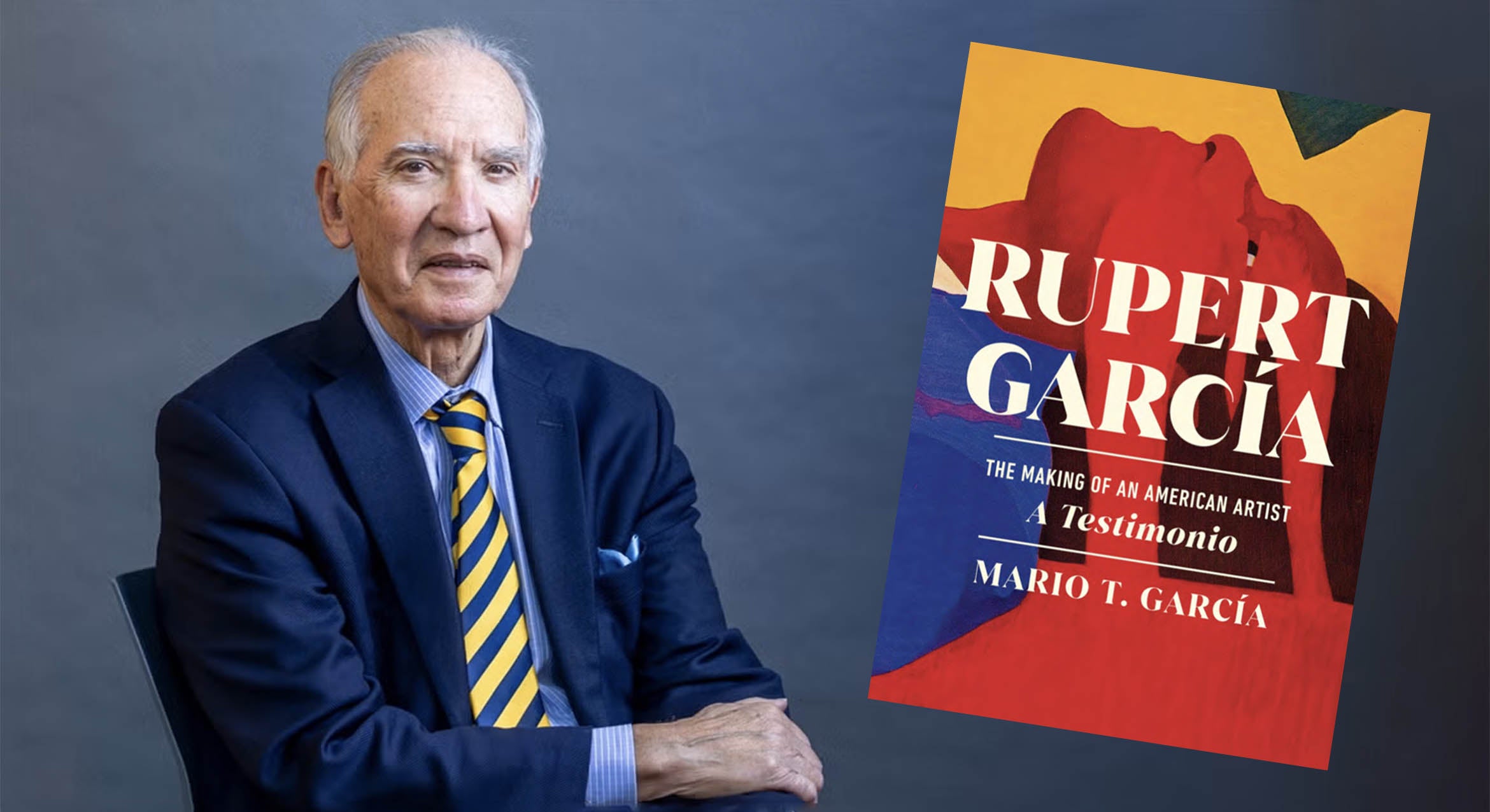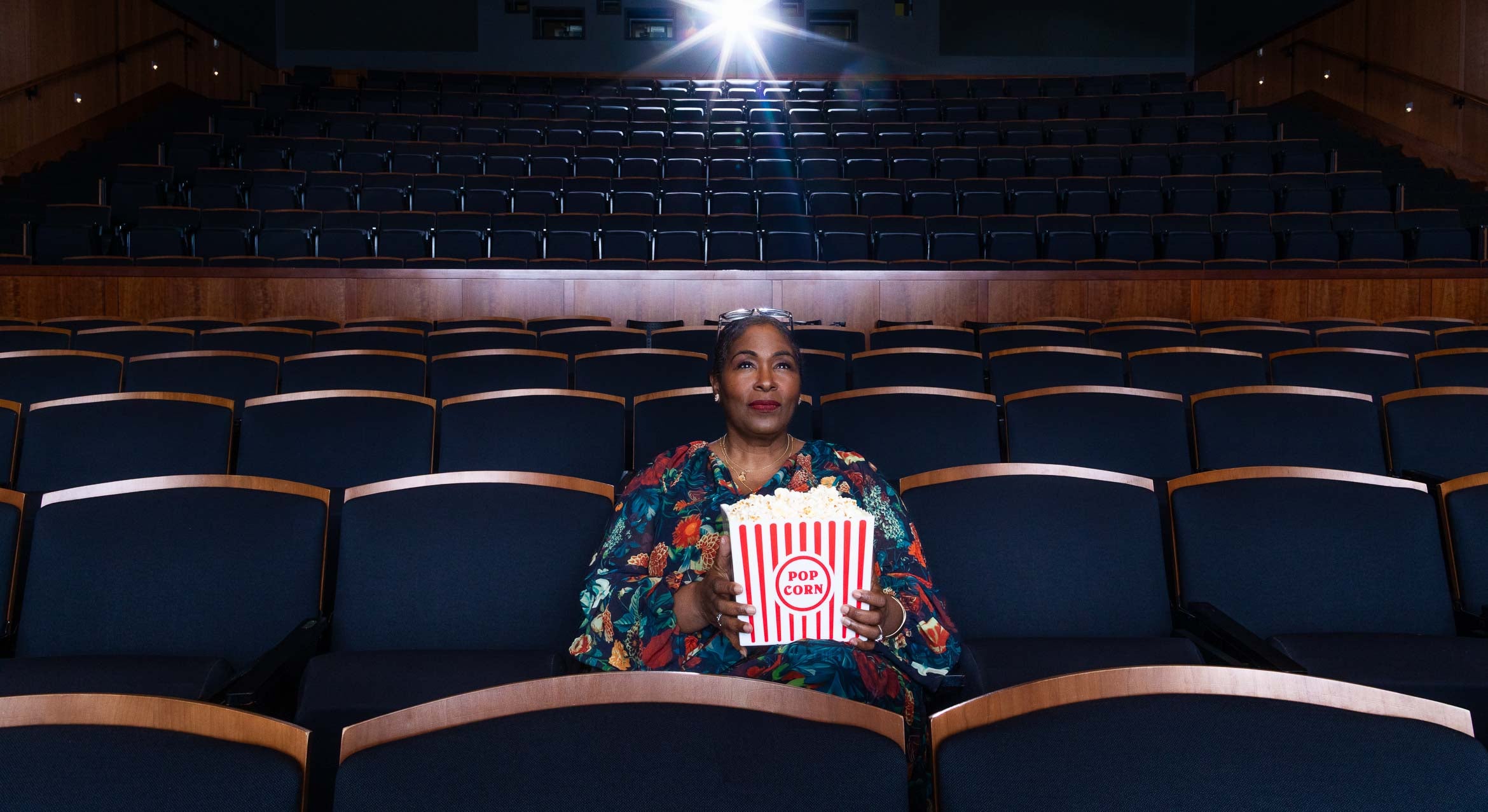A series of short films produced by students in Blue Horizons, UC Santa Barbara's summer program for environmental media, will screen on Friday, August 21, in the campus's MultiCultural Center Theater. The event is free and open to the public.
The screening, which begins at 7 p.m., will be followed by a brief question-and-answer session and a reception with the filmmakers and program faculty members. Among the subjects covered in the films are a DDT Superfund site in Southern California coastal waters and its impact on marine life; blue whales and ship strikes in the Santa Barbara Channel; shipwrecks off Point Conception; free-diving spear fishers and the Marine Life Protection Act; the future of plastics in the ocean; and mitigation efforts to construct an artificial reef and kelp forest at the San Onofre nuclear power plant.
"This year, the 18 Blue Horizons students pursued topics that exemplified our tagline, ‘Using media to communicate vital stories of the global ocean,' " said Michael Hanrahan, president of The Ocean Channel and co-founder of Blue Horizons. "They are a close-knit group of emerging scientists and media makers. This is exactly the mix we seek to bring together for this unique environmental media program."
Said Constance Penley, Blue Horizons co-founder and professor of film and media studies at UCSB: "Blue Horizons exemplifies the creative mixing of science and media that is the hallmark of the Carsey-Wolf Center's environmental media initiative."
Blue Horizons is a nine-week summer program that brings together students interested in digital media production and environmental studies to learn about important issues of the global ocean from a local perspective. A coordinated series of interdisciplinary courses and related activities introduces students to scriptwriting; media portrayals of the environment; the biological, socioeconomic, and political aspects of marine conservation; and the latest innovations in environmental filmmaking.
The work provides a foundation for the research required to produce an informative film, and students in the program become more proficient in communicating effectively with their peers, policymakers, and the general public by producing short, compelling videos. Participants also study the techniques of digital video camera operation, sound gathering, lighting, and of film editing with the industry standard Final Cut Pro software.
Related Links
Blue Horizons
Carsey-Wolf Center for Film, Television, and New Media



